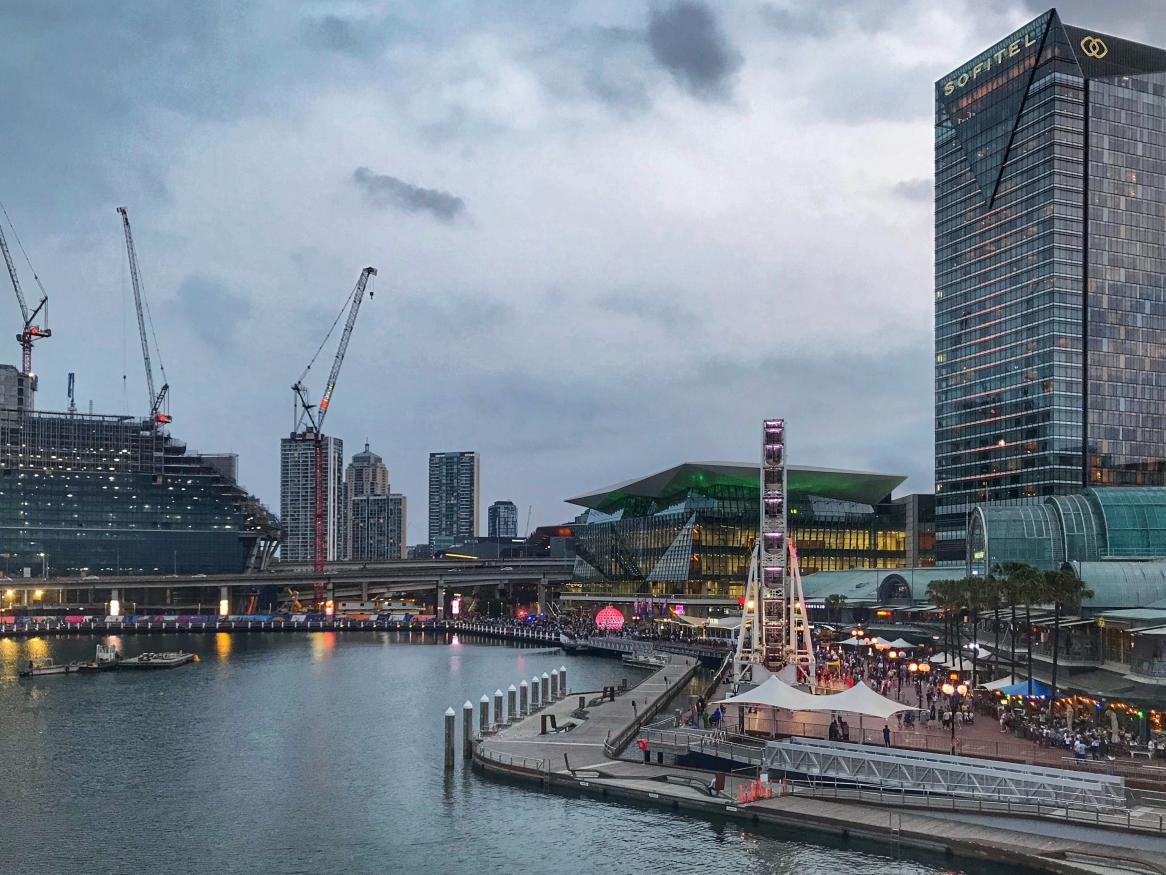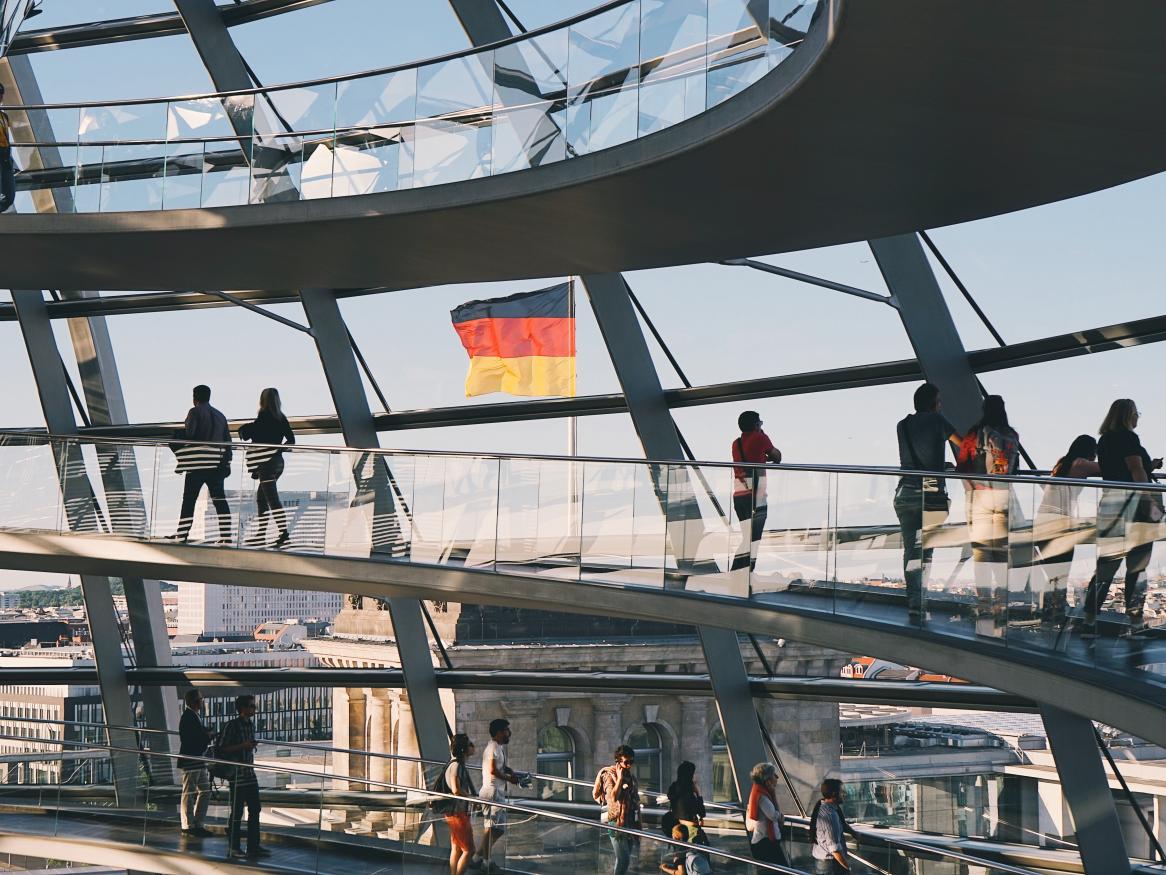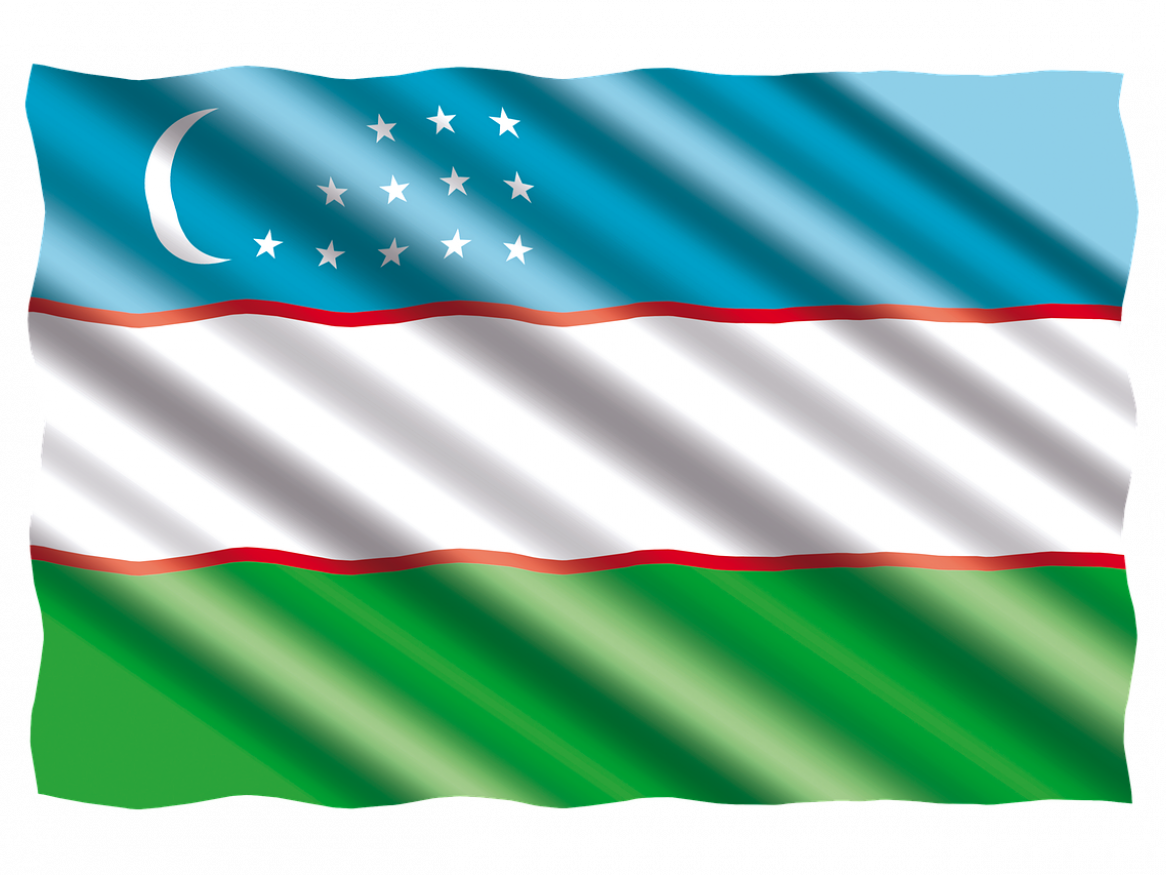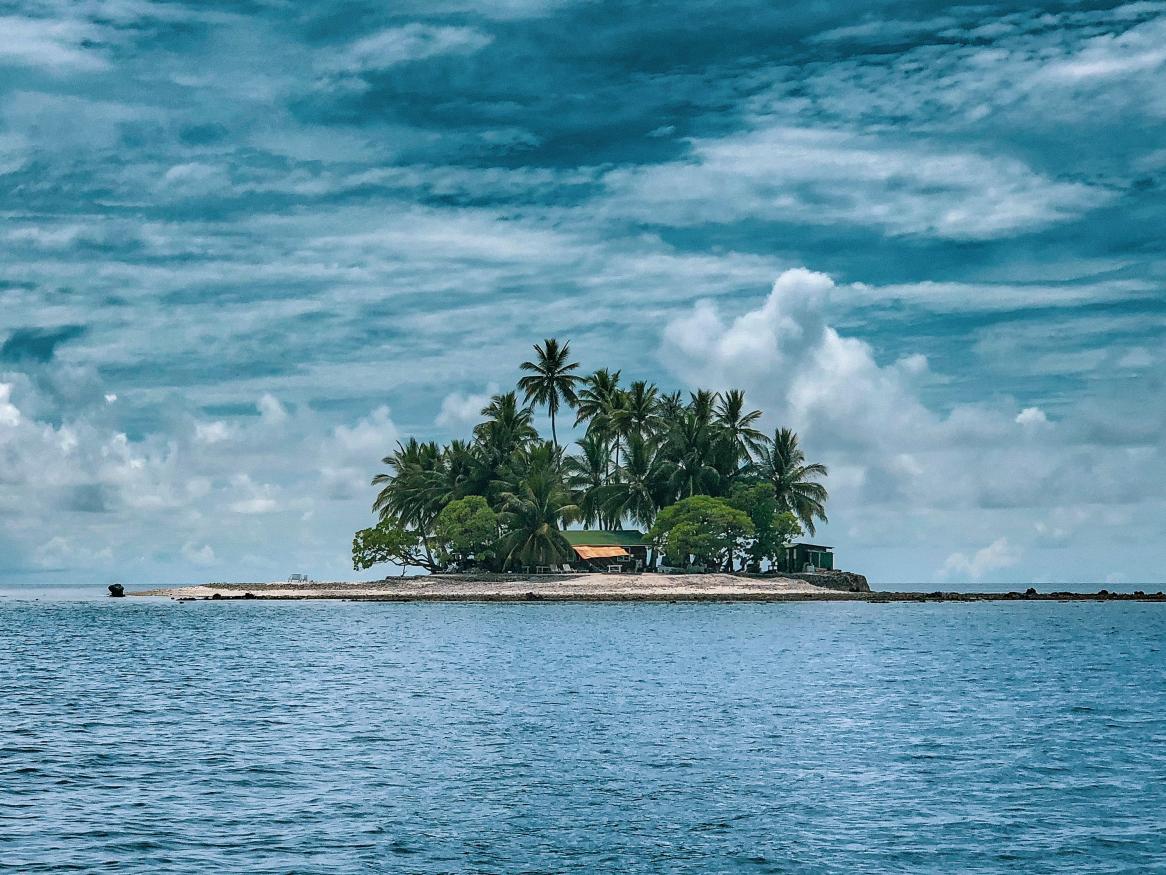News from the Institute for International Trade
Search news stories
Enter a keyword to search news.
From recovery to continued prosperity: What lessons from COVID-19?

Professor Peter Draper - Executive Director Institute for International Trade; Simon Lacey - Senior Lecturer Institute for International Trade, Mike Humphrey - Senior Trade Advisor Institute for International Trade; Dr Naoise McDonagh Lecturer Institute for International Trade.
This policy brief was originally drafted as a submission to an Australian parliamentary inquiry seeking input from Australian firms and individuals on policy solutions across a broad range of areas as Australia continues to ride out the storm wreaked by the global pandemic COVID-19. It begins by exhorting Australia’s political leaders to recognize both the extreme severity of the socio-economic challenges the country faces at this time, but also the unique opportunity these challenges present for visionary leadership and positive change, the effects of which will define Australia for future generations.
[Read more about From recovery to continued prosperity: What lessons from COVID-19?]
Research Grants Round 1 –Successful Applicants
Jean Monnet Network: Trade & Investment in Services Associates (TIISA)
Research Grants Round 1 – Announcement of Successful Applications
[Read more about Research Grants Round 1 –Successful Applicants]
The “German” debate on supply chain ethics: assessing the role for businesses in human rights enforcement

Andreas Freytag, Professor and Chair of Economic Policy, Friedrich Schiller University, Jena, and Dr Naoise McDonagh, Lecturer in Political Economy, Institute for International Trade, University of Adelaide.
International supply chains have become a topic of fierce debate in Germany over the past weeks, and perhaps surprisingly not for pandemic-related issues. Proposed new laws requiring due diligence by firms to prevent human rights violations in their supply chains sparked controversy over the degree of responsibility firms can realistically be expected to bear, and how they may enforce this obligation.
The Perfect Storm: Interventionism, Inequality, Decoupling and Zombies

Carlos A. Primo Braga, Associate Professor, Fundação Dom Cabral and former Director, Economic Policy and Debt, The World Bank.
Covid-19 already ranks among the most impactful pandemics of the last 100 years. Most governments have put their economies in a temporary “coma” with a view to mitigate the spread of the virus (SARS-CoV2). This inevitably increases the economic pain associated with the pandemic in the short run and generates pressures for a quick return to normality. Lessons from the past, however, suggest that the health crisis can go on for much longer than most politicians anticipate.
[Read more about The Perfect Storm: Interventionism, Inequality, Decoupling and Zombies]
Joining the WTO

Richard Pomfret presented a paper on Uzbekistan’s WTO accession in the series Virtual Seminars on Applied Economics and Policy Analysis in Central Asia. The paper tracks what will be the longest ever WTO accession negotiations and emphasizes the changing nature of membership commitments since the WTO was established in 1995.
Webinar: "The impact of servicification on global supply chains in the Asean Region: Dynamics, restrictions, and policy Implications"
The 2019 World Trade Report by the WTO is focussed on directly traded services, and not so much on services embedded in goods. The presentations and discussion in the webinar sought to start to close these gaps.
COVID-19 provides a rare chance for Australia to set itself apart from other regional powers. It can create a Pacific ‘bubble’

Peter Draper Executive Director: Institute for International Trade, University of Adelaide and Jim Redden Senior Lecturer & Visiting Fellow, Institute for International Trade, University of Adelaide.
For a short time Australia has an unrivalled opportunity to set itself apart from donors to the Pacific including China, Japan and the European Union. As Victoria’s current COVID-19 spike shows, it will take Australia some time to open its borders to the world and allow residents to travel wherever they like. But there’s no reason why it shouldn’t open its borders to some parts of the world sooner than others, especially those in which it has a special interest and in which the spread of coronavirus is slowing.
This work is licensed under Commons Attribution-NonCommercial-NoDerivatives 4.0 International License.
IIT is a global leader in researching, analysing and commenting on International Trade.
Stay informed about our up-and-coming seminars, events, publications, awards, new projects and collaborations, and other exciting news.
